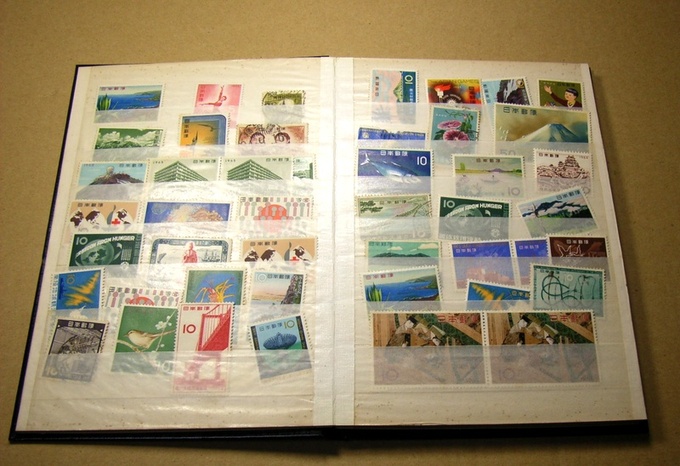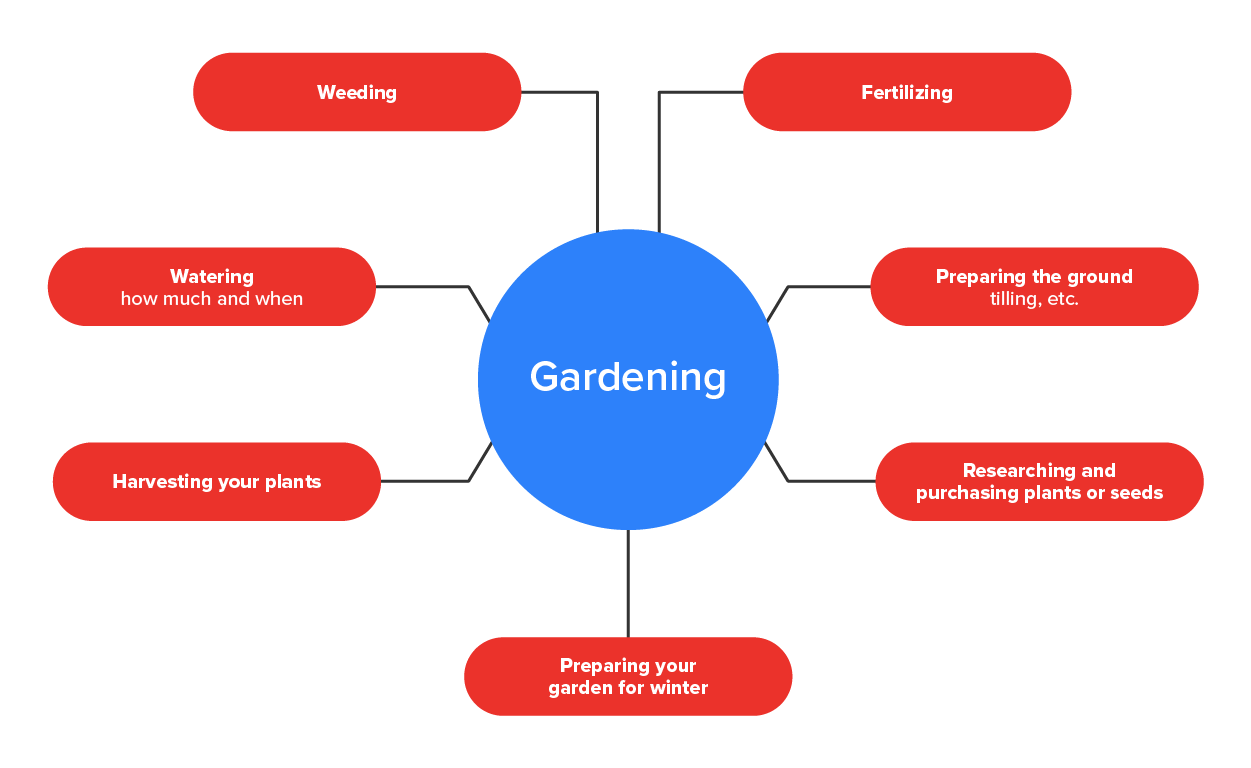Table of Contents |
When you tell a story, you want your audience to be engaged, so you choose a topic that will interest your audience. The same goes for speech giving. When you choose a topic, consider your audience. Ask yourself: What topic, or subject, will engage the audience?
If you are unsure what topic to choose, consider the following:
Many people have areas in which they are experts. Experts have a thorough knowledge of something that most people do not. Expertise is when someone has a wealth of knowledge in a particular field.
EXAMPLE
Rocket scientists are experts, but so are the analysts who talk about football on television.When trying to select a topic for your speech, consider any areas in which you are an expert. Do not expect to speak fluently on a subject you know little or nothing about. Your fluency will be in direct ratio to two critical conditions: your knowledge of what you are going to say and your ability to tell an audience what you know.
Your area of expertise might be a good topic to give a speech about because you already know it. One benefit of this familiarity is that it reduces the time you will have to spend researching. Instead, research will mostly aim to refine your expertise, enrich it, and ensure that you are familiar with the conversation around that topic.
When determining what topic you will speak about, picking an area where you have expert knowledge increases the likelihood that your speech will effectively communicate with your audience.
For the audience, you are the authority on the topic you are speaking about, so it might help to have authoritative knowledge already. A speech related to your expert area will draw on your extensive knowledge, making it easier for you to explain the specifics of the topic to the audience.
While most people are experts in certain areas, possessing highly specific knowledge, they also tend to have areas that they might not know much about but have an interest in knowing more.
EXAMPLE
One stamp might lead someone to be interested in stamp collecting. Or maybe you have had a conversation with a friend who introduces you to an idea that interests you, but you have not found the time to thoroughly investigate it.
When selecting the right topic for your speech, consider any areas you are interested in.
There are many advantages to searching in an area of interest for the topic of your speech. As you research your topic, you will move from having an interest to having a good understanding. In this way, your journey will mirror the audience you will be speaking to. Your goal as the speaker is to make the audience interested in the topic of your speech and then inform them about that topic throughout your speech.
When choosing a topic, think about an area that interests you. Then ask yourself questions like "Why do I think this is interesting?" and "What specifically interests me about this topic?"
Follow through your initial sense of curiosity and consider how you might recreate this sense of interest in the speech, which would draw your audience in a similar way to how you initially became interested in the topic.
Then consider how you might enrich this interest by researching the area and learning more about it. The goal of your speech is to navigate the audience through the same journey you went through, from ill-informed interest to informative understanding.
You have considered your areas of expertise. You have considered your areas of interest. And you are still trying to choose the right topic for your speech. In addition to finding and selecting the right topic, brainstorming is an effective means for generating potential speech topics.
Think of a brainstorming session in terms of what happens during a real storm. Think of the ideas as rain. Good storms have lots of rain, and a good brainstorming session should generate many ideas. And hopefully, your brainstorming session will have a lightning strike or an "ah-ha!" moment when you identify the perfect topic for your speech.
The goal of a brainstorming session is to let yourself quickly generate many ideas, commonly concerning a specific purpose. Brainstorming is one of many ways to help you find and select the best topic for your speech. Brainstorming should feel less stressful than other methods of generating ideas. Use brainstorming as a creative way to come up with different topic ideas. Use the creative topic ideas that you have generated during brainstorming to help decide what your speech will be about. A well-chosen topic is key to the success of a good speech.
Try the following methods of brainstorming.
Word association is a simple concept. Start with a broad topic or idea and write it down on a piece of paper. What words, topics, or other subjects do you associate with that first topic? Now, what words, topics, or other subjects do you associate with the following word?
Continue this chain of word association to give you a broad spectrum of ideas.
EXAMPLE
Here is an example word association exercise:Also known as mind mapping, clustering gives your word association a visual form. Start with your main idea and draw a circle around it, thinking of it like the hub of a wheel.
Now, begin to write other associated ideas, topics, or subcategories related to that main topic around the hub, and connect them as separate spokes.
From each spoke, begin to jot down other associated ideas and thoughts. As your cluster begins to grow, you might want to connect smaller spokes to one another and create new links between subjects.

Freewriting is probably the simplest brainstorm method of all. Set a timer and begin writing whatever thoughts or ideas come to mind about your particular subject.
You might find it easier to type your freewriting instead of writing it by hand, so you can keep up with your thoughts faster. Whatever you do, don't stop writing.
When freewriting to discover speech topics, write at the top of a new paper: "What topic should my speech be about?" Then, under the question, let yourself write down what comes to your mind for a pre-established period of time. Let yourself generate as many different answers to the question as come to mind.
Another way of freewriting is to record yourself talking for a set period of time and then transcribing your key points to go back to and clarify later. Once your time is up, go back and highlight or circle relevant points or topics that stick out for you. You'll refine these later.
Remember, you want to generate as many ideas as you can that you associate with your topic. Whatever comes to mind. Don’t judge or edit yourself. You may come up with something you wouldn’t have considered previously.
EXAMPLE
Here is an example of freewriting.Once you've brainstormed your many ideas, it's time to refine your ideas and distill them into one topic. Look for themes, patterns, and commonalities when going through your brainstorming notes.
Use these themes to help guide you toward a singular topic.
While you will definitely research your topic, you might want to do some "presearch"—that is, a little research before the real research.
Do a quick scan to see what others have said or written about your topic.
This might give you even more ideas of how to refine and distill your topic, or more appropriately adapt it to your audience or venue.
After much deliberation, you have selected a topic. Congratulations! Now comes the fun part: making that topic manageable and developing your speech. Think of your preliminary work as establishing a general target. Now the goal is to narrow your aim and find the bull's eye!
Even though it is not an easy decision, deciding on the general topic has only set you out on the path toward developing a speech, not toward leading you to the end.
Scoping your topic is the process of identifying the important subtopics that form the parameters of your speech. As these questions make clear, picking a general topic is only a first step. You need to establish the scope of your engagement with the topic of your speech by breaking it into important parts.
EXAMPLE
If you decide your topic will be basketball, that is quite a broad topic. Will your speech be about the history of basketball? Will it be about specific players? Or specific rules?An important consideration when you begin narrowing in on the specific area of your general topic is how much time you will have to deliver your speech. If you have a shorter amount of time, you will need to narrow the scope of your speech. If you have a little more time, you might be able to cast a wider net regarding the topic of the speech. Use time constraints to your benefit and let them guide you to narrow the scope of your speech.
Scoping your topic will not only make the writing of the speech easier, but by narrowing the scope of your speech, you also increase the likelihood that your speech will effectively communicate with the audience. Covering a narrower scope will allow you to include more detailed information and fully cover your topic. When your speech has a focused engagement, it is easier for audiences to follow along and be informed or persuaded, depending on your speech's purpose.
Source: THIS TUTORIAL HAS BEEN ADAPTED FROM "BOUNDLESS COMMUNICATIONS" PROVIDED BY BOUNDLESS.COM. ACCESS FOR FREE AT oer commons. LICENSE: CREATIVE COMMONS ATTRIBUTION-SHAREALIKE 4.0 INTERNATIONAL.